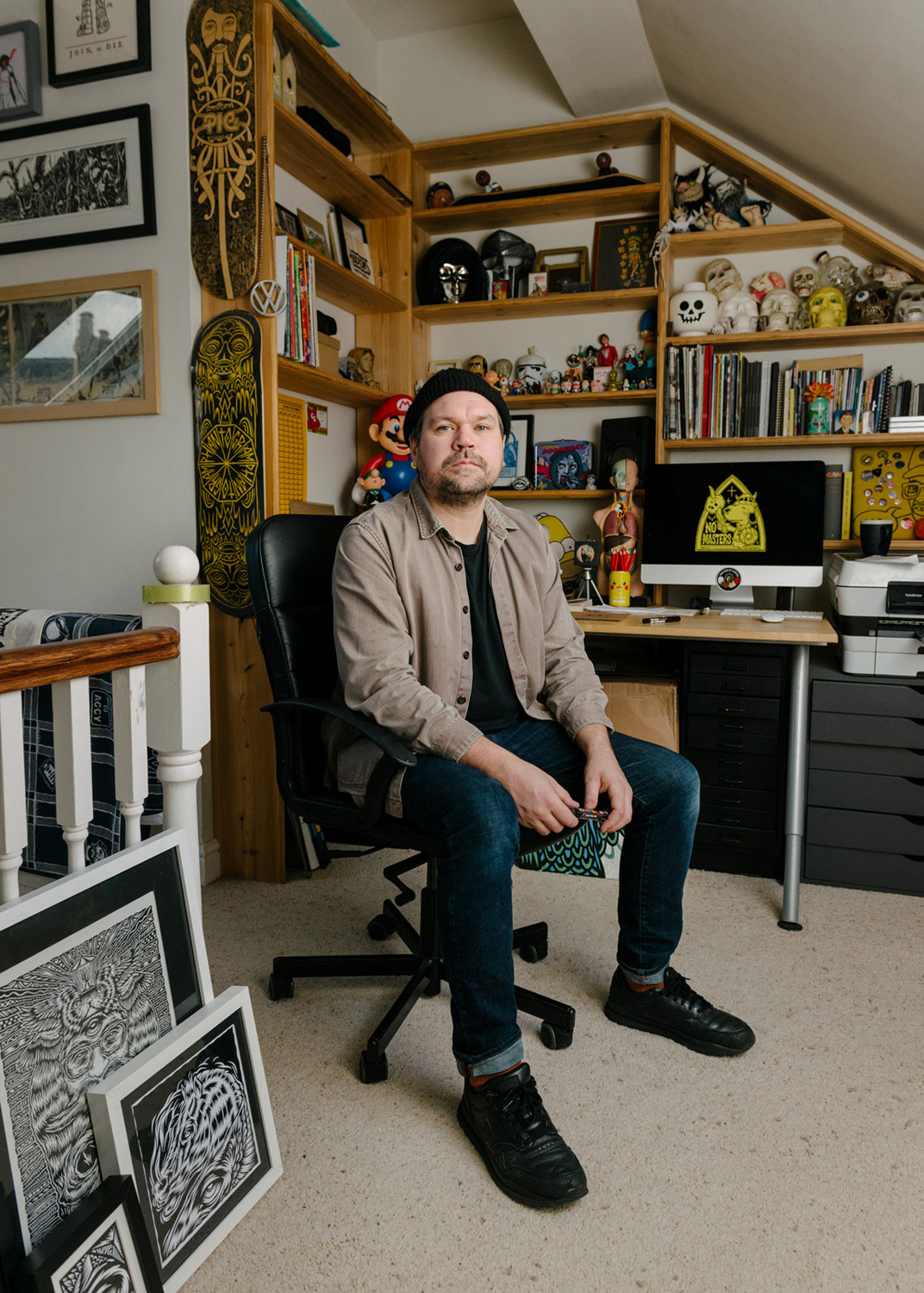Dig Where You Stand (DWYS) is an international archival justice movement, inviting common people to research their history. Sheffield's DWYS is a collaboration among artists, archivists, educators, and local community members. It is a groundbreaking cultural intervention that recovers, reclaims, and retells our region's racial history. For its first Biennial this year, DWYS Sheffield has commissioned fourteen artists to explore local archives and develop creative responses. You can now see their work at five venues across the city centre. Persistence Works houses all of the art. Sheffield Cathedral, Moor Market, Sheffield Central Library, and Winter Garden each feature parts of the collection. All venues are free to enter and have disabled access. They welcome the public until 18th August – check opening times.
Receiving and reflecting on the stories of racially marginalised people who lived, worked, and put down roots in South Yorkshire over hundreds of years is a standalone powerful experience. At the same time, it is helpful to understand the context of the DWYS Biennial to appreciate what it achieves fully.
In 1978, Swedish writer Sven Lindqvist published the how-to guide and manifesto “Gräv där du står”, translated to English as Dig Where You Stand. The book urged workers to become researchers, “dig” out their hidden histories, explore them critically and rigorously, practice political solidarity and reclaim their power.
DWYS is largely inspired by Sven Lindqvist. However, it digs more precisely, using the “critical fabulation” method. Cultural historian and African-American writer Saidiya Hartman coined the term in her 2008 essay, "Venus in Two Acts". Critical fabulation combines storytelling and speculative narration. Hartman proposes that “narrative may be the only available form of redress for the monumental crime that was the transatlantic slave trade and the terror of enslavement and racism.” Through writing, she paints a full picture of the lives of the captives.
DWYS creative director Désirée Reynolds originally developed the Sheffield project during her residency at the city’s archives in 2021. Reynolds focused on the lives of working-class, African-Caribbean people, who were “reduced to bare facts and figures in archival documents”. She creatively responded to the “violence, erasure and conflict of the archival process itself.”










